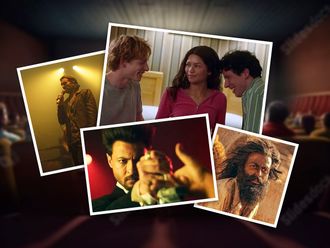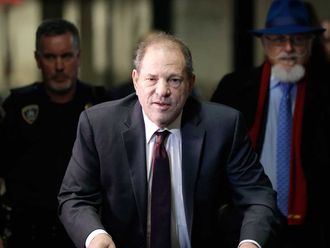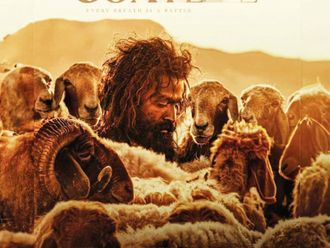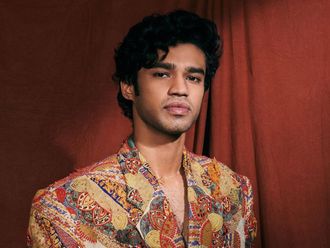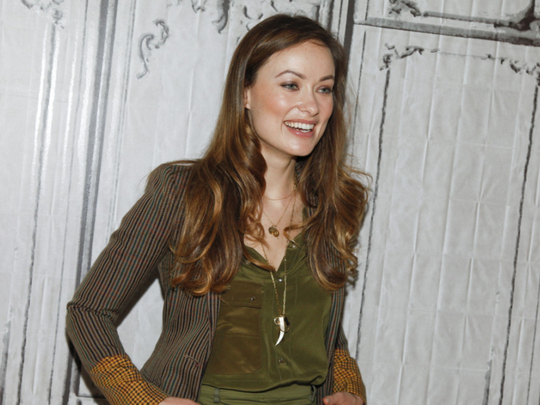
Actress Olivia Wilde hopes that a documentary film she helped produce will remind the world about the lingering impact of the Ebola crisis in West Africa.
The 31-year-old actress, who appeared in the TV medical drama House and soon will be co-starring in the Christmas holiday comedy Love the Coopers, came to the US Mission to the United Nations on Tuesday in a different role — as executive producer of the award-winning short documentary on Ebola Body Team 12.
She told dozens of ambassadors and diplomats that the film about a volunteer team collecting bodies at the height of the Ebola crisis in Liberia touches on two issues that she cares deeply about: the rights of women and community health workers around the world, particularly in West Africa.
The Ebola epidemic has killed over 11,100 people mainly in Liberia, Sierra Leone and Guinea since it was first reported in March 2014.
Liberia, once the worst affected country, is now Ebola free, but the battle to eradicate the disease is still going on in Sierra Leone and Guinea and the ripple effects of the disease on the economies and hard-hit families in the three countries are expected to last for years.
The film, which won the best short documentary award at this year’s Tribeca Film Festival, is told through the eyes of the only female member of the team collecting bodies in Liberia’s capital, Monrovia.
“The power of documentary filmmaking is profound to educate people about issues that they would possibly ignore because they’re so difficult or because they feel overwhelmed,” Wilde said.
“It’s something that most people won’t want to touch on,” she said of Ebola. “They want to leave it behind, and I think part of that has to do with personal fear.”
Wilde urged the diplomats “as people with voices that are listened to” to include Ebola and the role of women in the response in every discussion, and to share the film “because it’s inspiring — it’s a story of heroism.”




